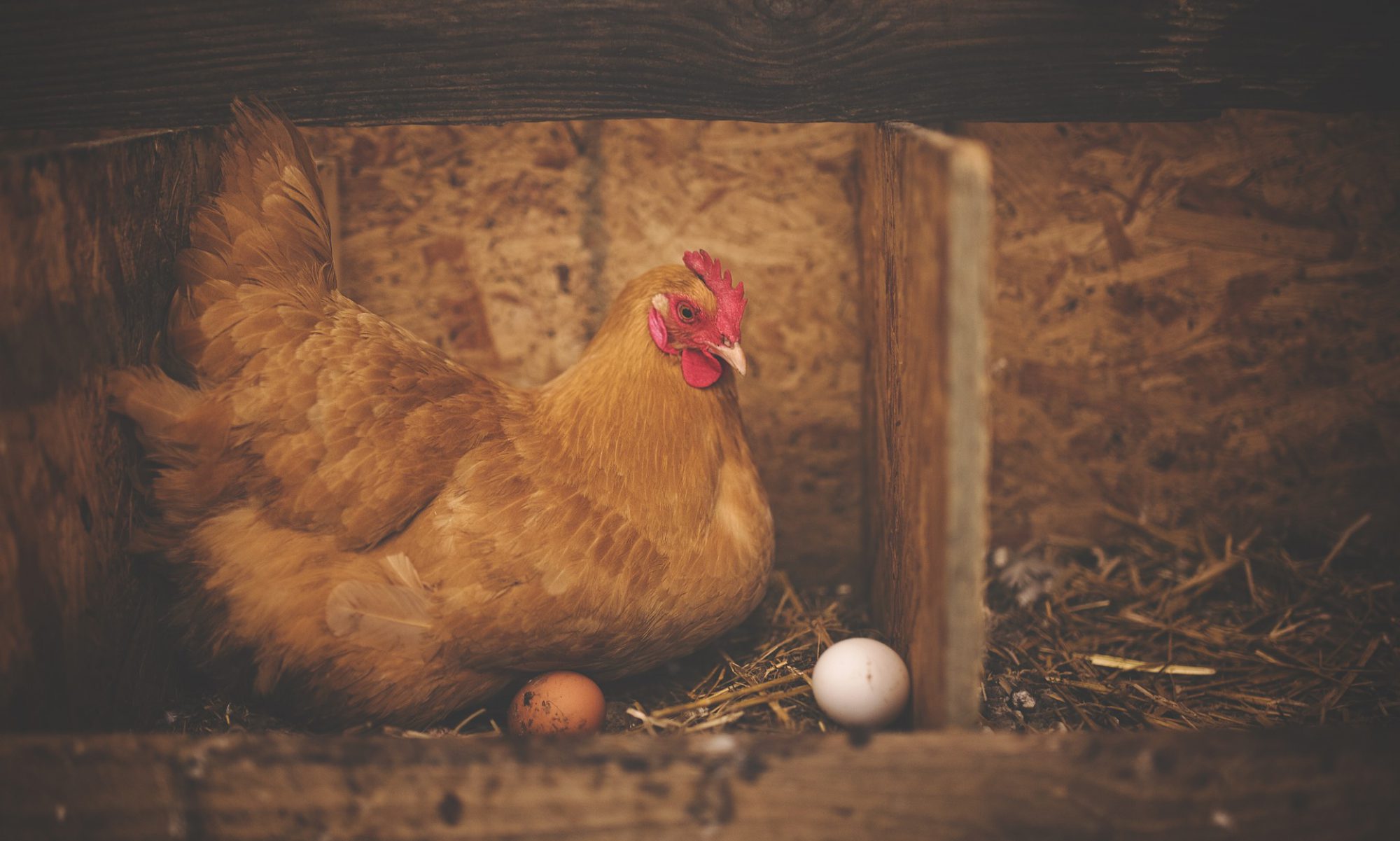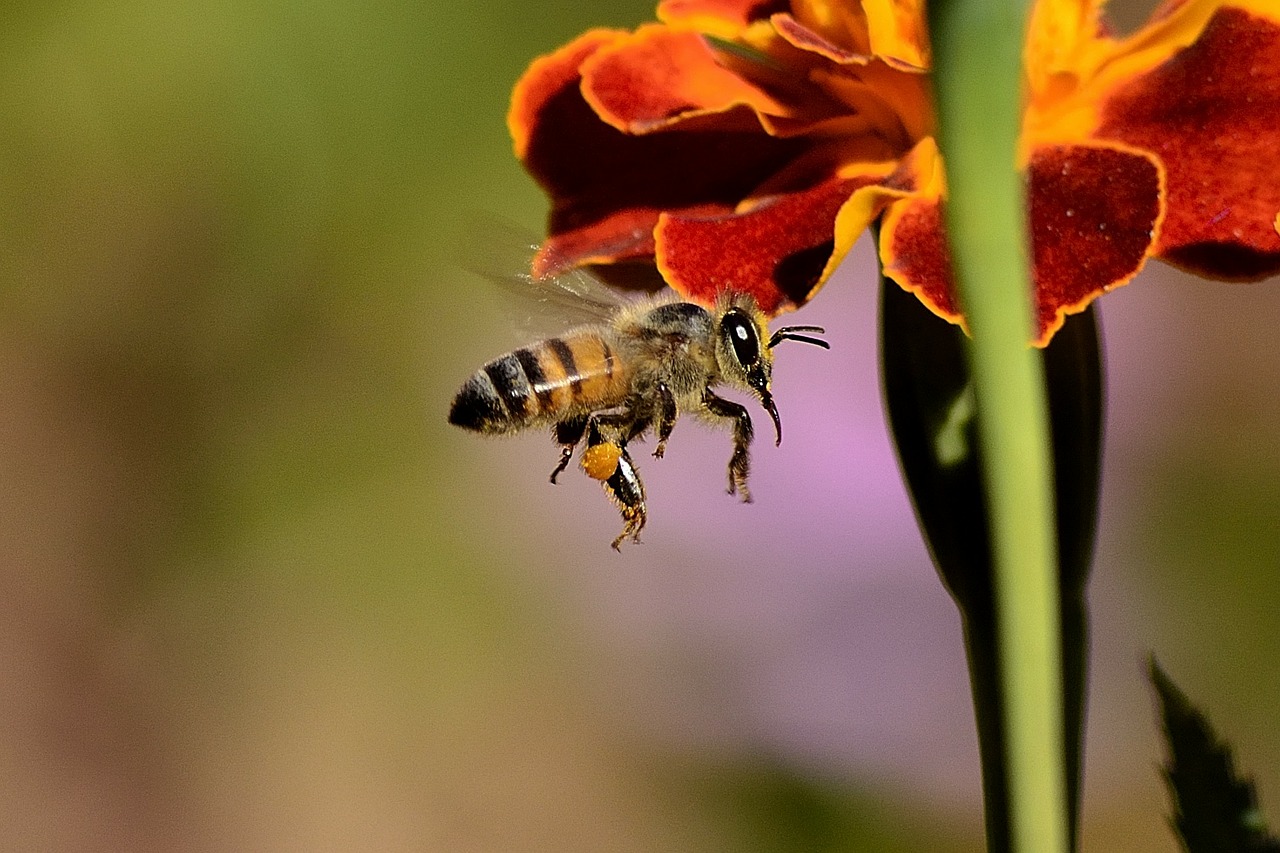The Best of Bees
They don’t call them “busy bees” for nothing. These little striped insects may get a bad rap because of those stingers, but the truth is without bees we would be living in a very different world. Bees are the earth’s best pollinators. They pollinate one-sixth of flowering plants– including several essential crops we live off. Do you love chomping down on almonds? Is it not summer until you’ve had a slice of watermelon? We wouldn’t be able to enjoy these delicious nuts and fruits without bees.
A Sweet Thing
In addition to aiding flowering plants, bees also produce honey. Honey is one of the world’s favorite natural sweeteners. In 2016, the United States honey industry produced $335 million in product — that’s a lot of sweetness! Aside from being delicious, honey is a powerful superfood. Local honey helps relieve seasonal allergies and hayfever. It’s a great energy booster and its antioxidants help with brain function and memory. Its antibiotic and anti-inflammatory properties make it a great natural cure for scrapes, burns, sore throats, and acid reflux. Finally, honey helps boost your immune system, which helps prevent sickness. There is simply no match for honey when it comes to natural health benefits.
Are bees in danger?
Despite everything bees do for the planet, humans haven’t been doing much to help them. Over the years, the increased use of pesticides have diminished bee populations around the world. However, over the past decade efforts to preserve and increase bee colonies have helped restore our buzzy, flying friends. Thanks to America’s beekeepers, bees have recovered from the brink of danger.
How do bees do it?
It’s all well and good to say bees are important, but to truly understand their importance you have to know how exactly they pollinate. Bees feed on pollen– a fine powdery substance that contains the flower’s male gametes. Females in the colony collect pollen to feed to their larvae, typically storing it in pollen baskets on their legs. Pollen also gets stuck on the little hairs bees are covered in. As they flit from flower to flower, some of that pollen shakes off, making its way to the female parts of the flower. This transfer, called cross-pollination (defined here: “when pollen from the flower of one plant fertilizes the flower of another plant), produces healthy plant populations with strong genetic biodiversity.
How to help bees help you
If you’re a gardener, growing plants that specifically attract bees can help your overall plot. Planting native flowers in your garden will help attract your local species of bee. Bees tend to favor heavily scented flowers with blooms that make it easy to collect pollen. Think lavender, daisies, and sunflowers. Additionally, plants with longer flowering periods will attract more bees throughout the season. Even if you have a vegetable garden, the addition of bee-attracting flowers will help with pollination for a bigger harvest.
Another important thing to consider when it comes to attracting bees is the type of herbicides and pesticides you use. Chemical pesticides can debilitate or kill bees in your garden. It’s much smarter to use natural pesticides. Ladybugs, spiders, and praying mantises all help control pests without being harmful to bees. Additionally, keeping a “bee bath” near your garden will ensure bees keep coming back. They’ll see your garden as a source for fresh water as well as food.
The Bees are Back
While the bee populations are recovering from their decline years ago, it never hurts to encourage them more. Without bees, we wouldn’t have such diverse agriculture around the world. Their pollinating skills are unrivaled in the insect world. It’s a great idea to attract them to your own garden for increased cross-pollination and a heartier crop.
Image via Pixabay


